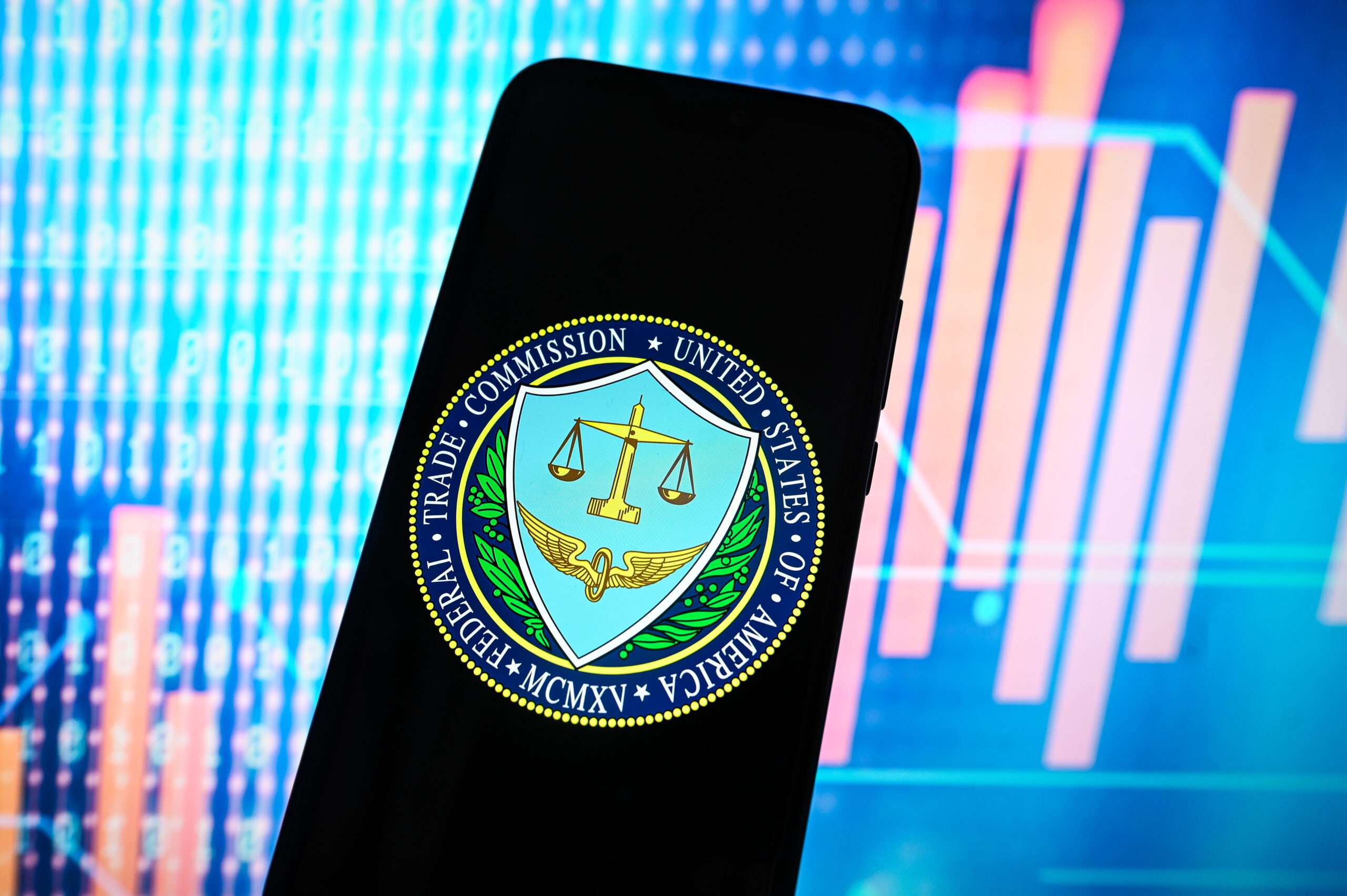Meador’s FTC Nomination Threatens Consumer Welfare
Paragraph 1: The Nomination and Its Implications
President-elect Donald Trump’s nomination of Mark Meador to the Federal Trade Commission (FTC) marks a potentially significant shift in the agency’s approach to antitrust enforcement. Meador, an experienced antitrust litigator, is poised to replace outgoing Chair Lina Khan. While Khan has been known for her aggressive stance against Big Tech, Meador’s nomination signals a different, yet equally impactful, approach. Meador’s deep-seated skepticism of large corporations, coupled with his particular aversion to Big Tech, raises questions about the future direction of antitrust policy under the Trump administration. This nomination comes at a critical juncture for the tech industry and the broader economy, as the FTC grapples with the challenges of regulating powerful digital platforms.
Paragraph 2: Meador’s Philosophy and Antitrust Stance
Meador’s antitrust philosophy diverges significantly from the traditional libertarian perspective that emphasizes free markets as an end in themselves. He views the free market as a tool to achieve human flourishing, suggesting a more interventionist approach to regulation. His belief that freedom requires "order and restraints upon our passions" hints at a willingness to impose restrictions on businesses, potentially extending beyond the realm of antitrust. This philosophical underpinning informs his critical stance towards large corporations, particularly in the tech sector. His involvement in drafting the AMERICA Act, aimed at dismantling Google’s ad tech infrastructure, exemplifies his focus on curbing the power of dominant tech platforms. This perspective aligns him with some voices within the Republican party critical of Big Tech’s influence, yet sets him apart from others who prioritize fostering innovation and competition.
Paragraph 3: Potential Conflicts and Divergences Within the FTC
Meador’s arrival at the FTC could create interesting dynamics within the commission. While sharing some concerns about Big Tech with fellow Commissioner Andrew Ferguson, Trump’s nominee for FTC Chair, Meador’s specific views on antitrust differ significantly. Ferguson, while pledging to combat anti-competitive practices and protect free speech online, also emphasizes maintaining America’s technological leadership. This apparent contradiction highlights the tension between regulating Big Tech and fostering innovation. Furthermore, Meador’s support for the Robinson-Patman Act (RPA), a Depression-era law prohibiting price discrimination, sets him apart from both Ferguson and Commissioner Melissa Holyoak. This difference of opinion may lead to internal debates and potentially influence the FTC’s enforcement priorities.
Paragraph 4: The Robinson-Patman Act and its Implications
The Robinson-Patman Act, often criticized as outdated and detrimental to competition, is a key area where Meador’s influence could be felt. He has been vocal about the FTC’s perceived neglect of the RPA, encouraging its enforcement to protect consumers from price discrimination. This stance contrasts sharply with the views of Ferguson and Holyoak, who argue that the RPA can hinder beneficial pricing strategies based on economies of scale. The recent FTC complaint against Southern Glazer’s Wine and Spirits, alleging price discrimination, underscores the ongoing debate surrounding the RPA. Meador’s support for the act suggests a potential increase in RPA-related enforcement actions should he be confirmed, marking a shift away from the more lenient approach favored by some of his colleagues.
Paragraph 5: Meador’s Background and Experience
Meador’s extensive legal background in antitrust provides him with a strong foundation for his role at the FTC. His previous experience as an attorney with the FTC’s Bureau of Competition, coupled with his time as an antitrust enforcer at the Department of Justice and his work on Capitol Hill with Senator Mike Lee, has given him a deep understanding of antitrust law and policy. This experience, combined with his distinct philosophical perspective, positions him to significantly influence the FTC’s agenda. His return to the commission, after serving earlier in his career, marks a full circle in his professional trajectory.
Paragraph 6: Potential Impact on the Tech Landscape and Consumer Welfare
Meador’s nomination raises important questions about the future of antitrust enforcement and its impact on the tech industry and consumers. His skepticism of Big Tech, coupled with his support for the Robinson-Patman Act, suggests a potentially more interventionist approach to regulation. While some may applaud his efforts to curb the power of large corporations, others worry that his policies could stifle innovation and limit consumer choice. The tension between promoting competition and protecting consumers will be a central challenge for Meador and the FTC in the coming years. The balance struck between these competing priorities will have profound consequences for the American economy and the global technological landscape.
Share this content:












Post Comment